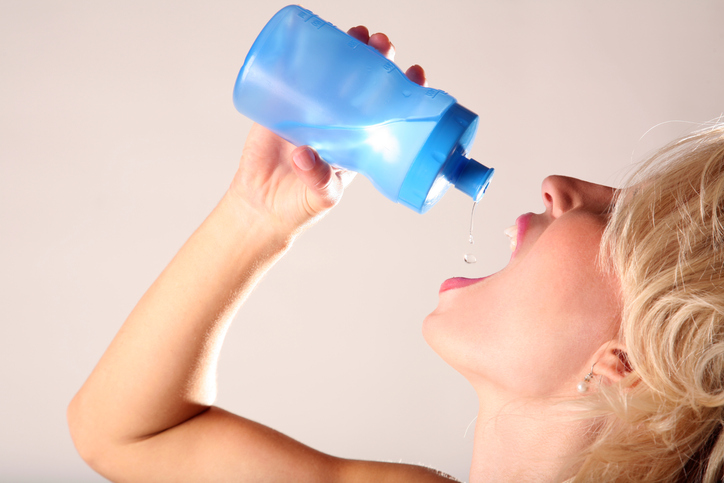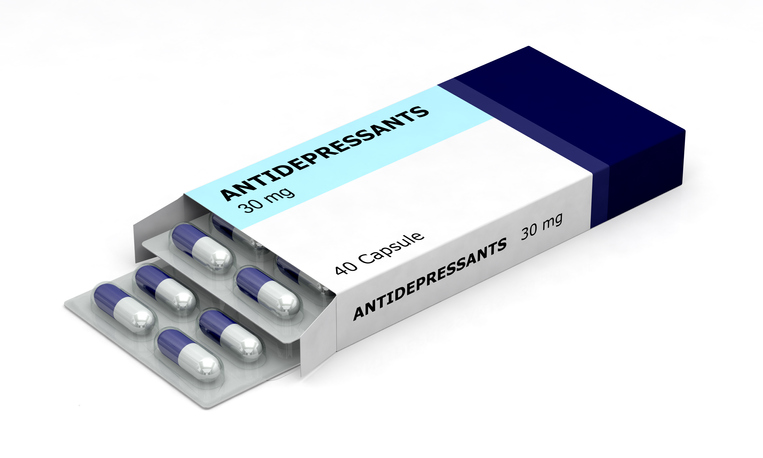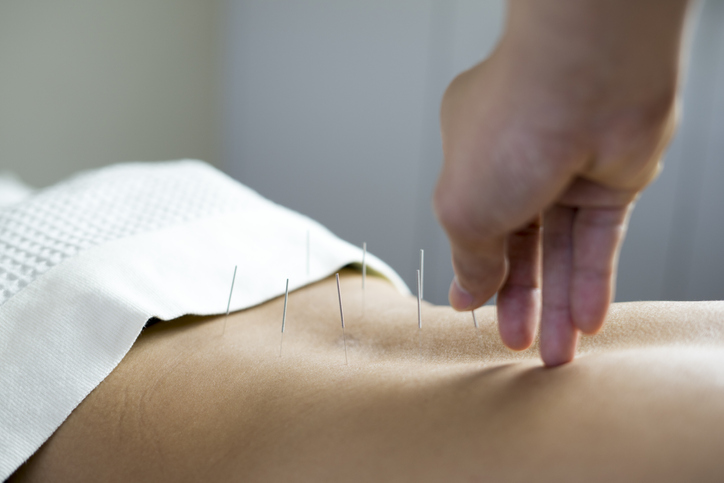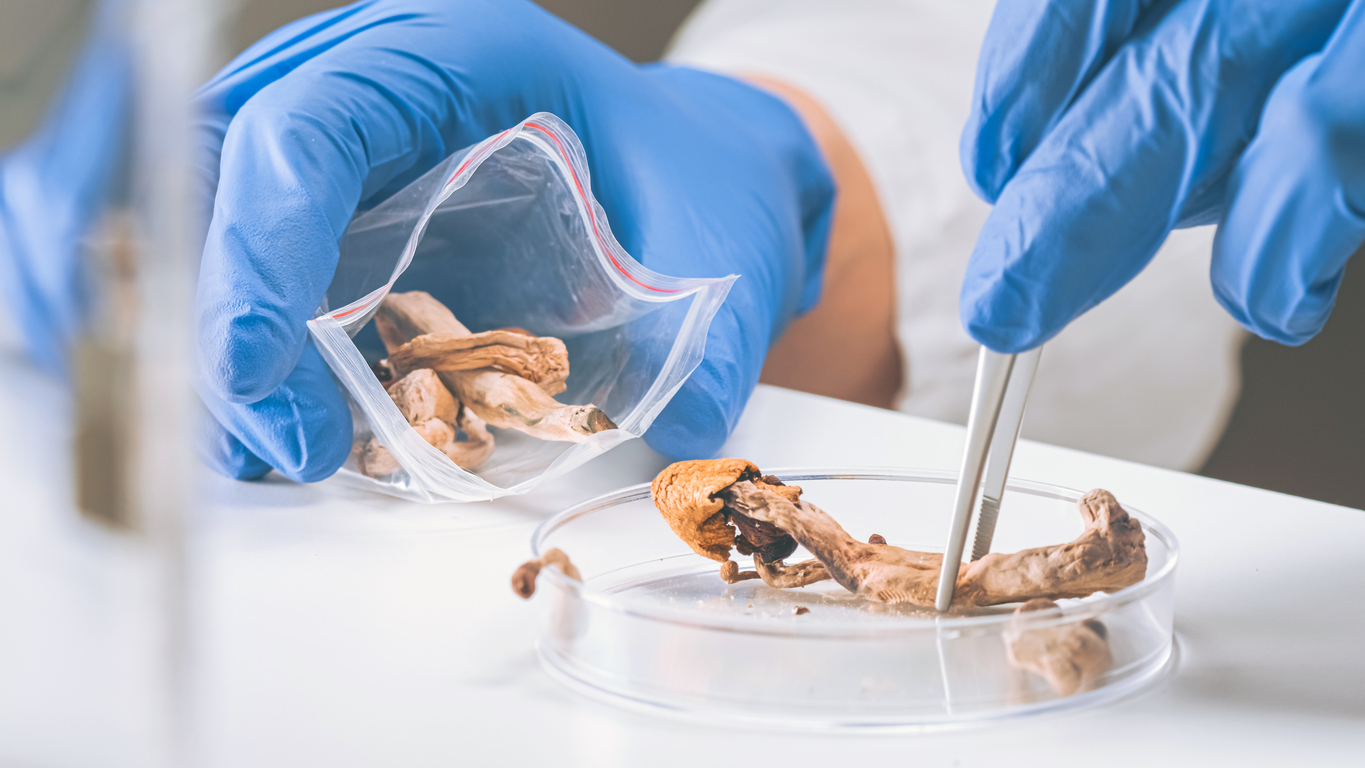Treatments
Dealing With Dry Mouth (Xerostomia)

Dry mouth, or xerostomia, is an uncomfortable condition in which the salivary glands in the mouth do not produce enough saliva. Saliva washes away food particles, neutralizes acids produced by bacteria, and limits bacterial growth. Lack of saliva can lead to bad breath, dry throat, dry mouth, chapped lips, tooth decay and gum disease.
Medical conditions and dry mouth
Certain medical conditions can cause dry mouth, including, but not limited to, the following:
- The autoimmune disease Sjogren’s syndrome affects the salivary glands, directly reducing the amount of saliva in the mouth.
- Salivary gland disorders, such as infections or obstructions, can also cause dry mouth.
- Although the exact reason is unknown, high blood sugar levels can cause dry mouth in individuals with type 1 and type 2 diabetes.
Medication side effects and dry mouth
Dry mouth is a side effect of various medications. These include commonly prescribed medications, such as pain medications, muscle relaxants, antidepressants and antihistamines. Chemotherapy drugs can also affect saliva production, and radiation treatments to the head and neck can cause temporary or permanent damage to the salivary glands.
Tips for dealing with dry mouth
In some cases, a change in medication may eliminate the side effect of dry mouth. If a change in medication is not possible, dry mouth is caused by a health condition, or the salivary glands are permanently damaged, some tips and tricks to help reduce symptoms and prevent complications of dry mouth include the following:
- Use products to moisturize the mouth.
Several prescription and over-the-counter products are available, including mouth rinses, mouthwashes and artificial saliva. - Sip water or sugar-free drinks throughout the day.
Sipping on fluids helps moisten the mouth. Beverages containing sugar should be avoided to prevent cavities and tooth decay. - Chew sugar-free gum or suck on sugar-free hard candies.
This can help moisten the mouth and reduce discomfort. Gum and candy containing sugar should be avoided to help protect the teeth. - Use a humidifier at night.
Adding moisture to the air can help soothe dry lips and mouth. - Avoid caffeine and alcohol.
Beverages containing caffeine and alcohol can cause additional dryness. Mouthwashes that contain alcohol should also be avoided. - Avoid tobacco use.
Smoking and chewing tobacco can dry and irritate the mouth. - Brush and floss regularly.
Brushing and flossing the teeth helps prevent complications of dry mouth, such as cavities and tooth decay. Toothpastes containing fluoride or betaine can be especially beneficial. - See a dentist regularly.
Having the teeth cleaned at least twice a year removes plaque build up and helps prevent tooth decay. Dentists can also identify and treat any oral health issues before they become severe.



















